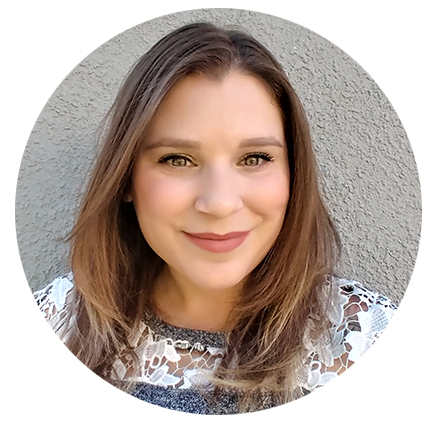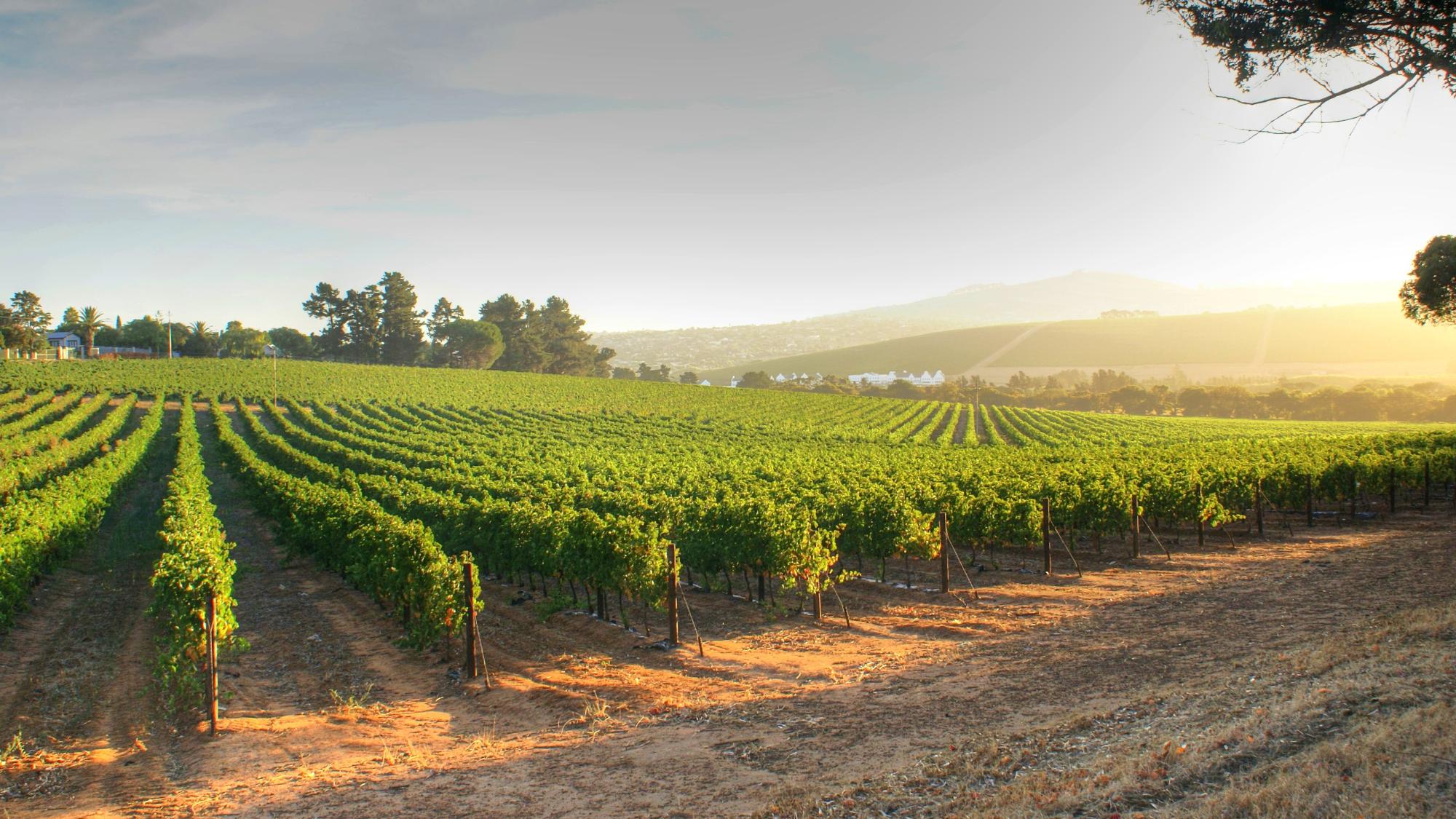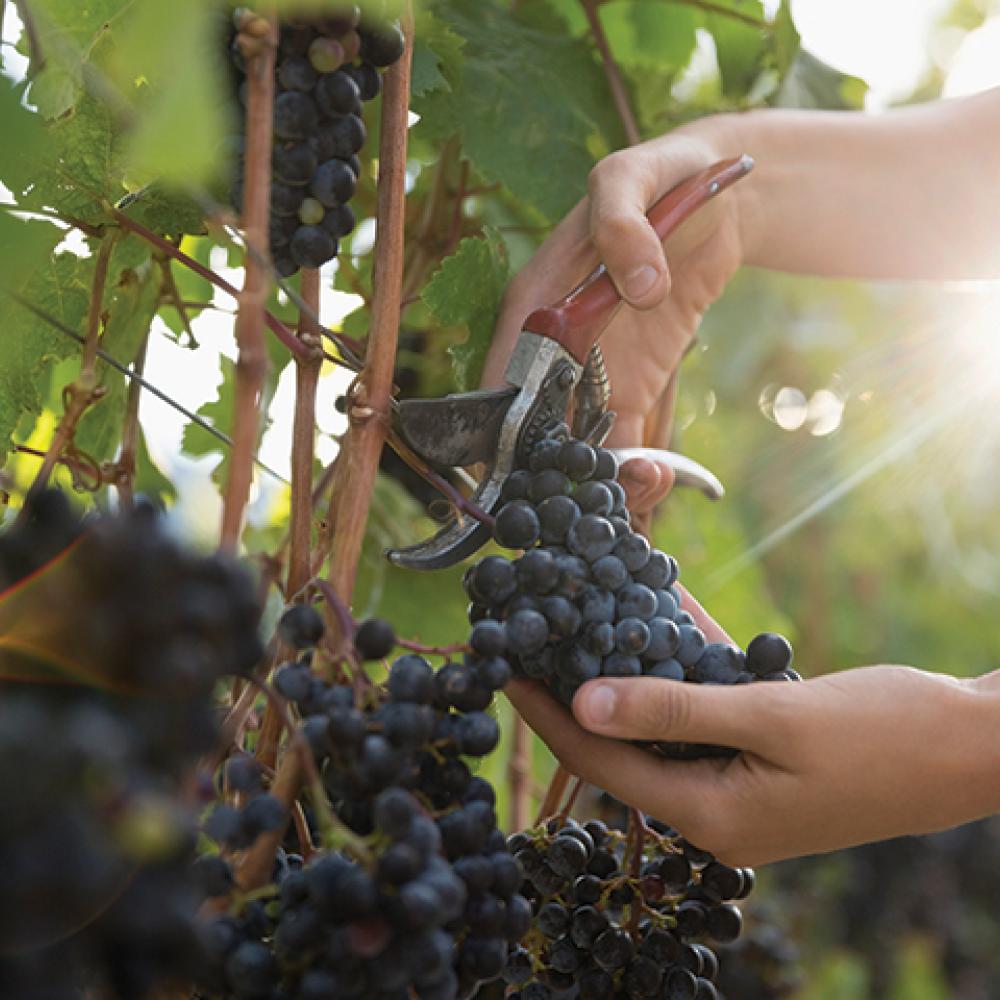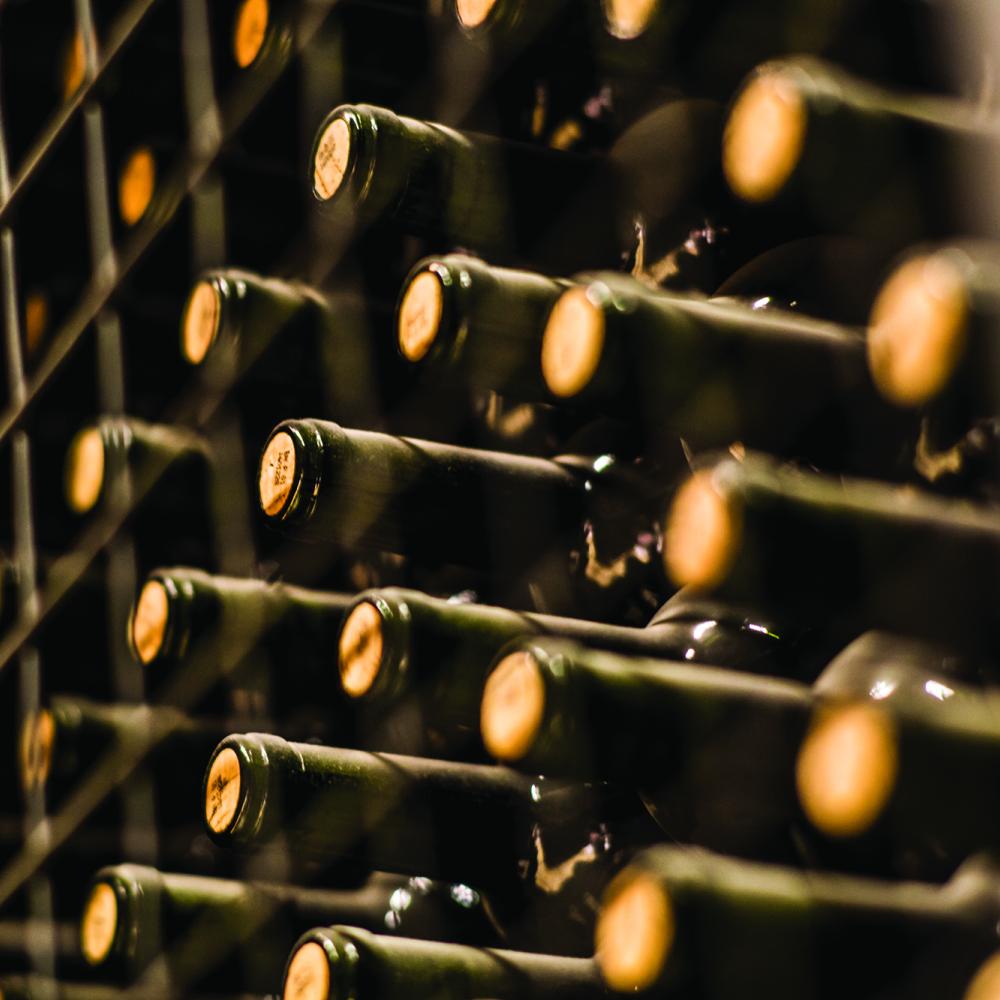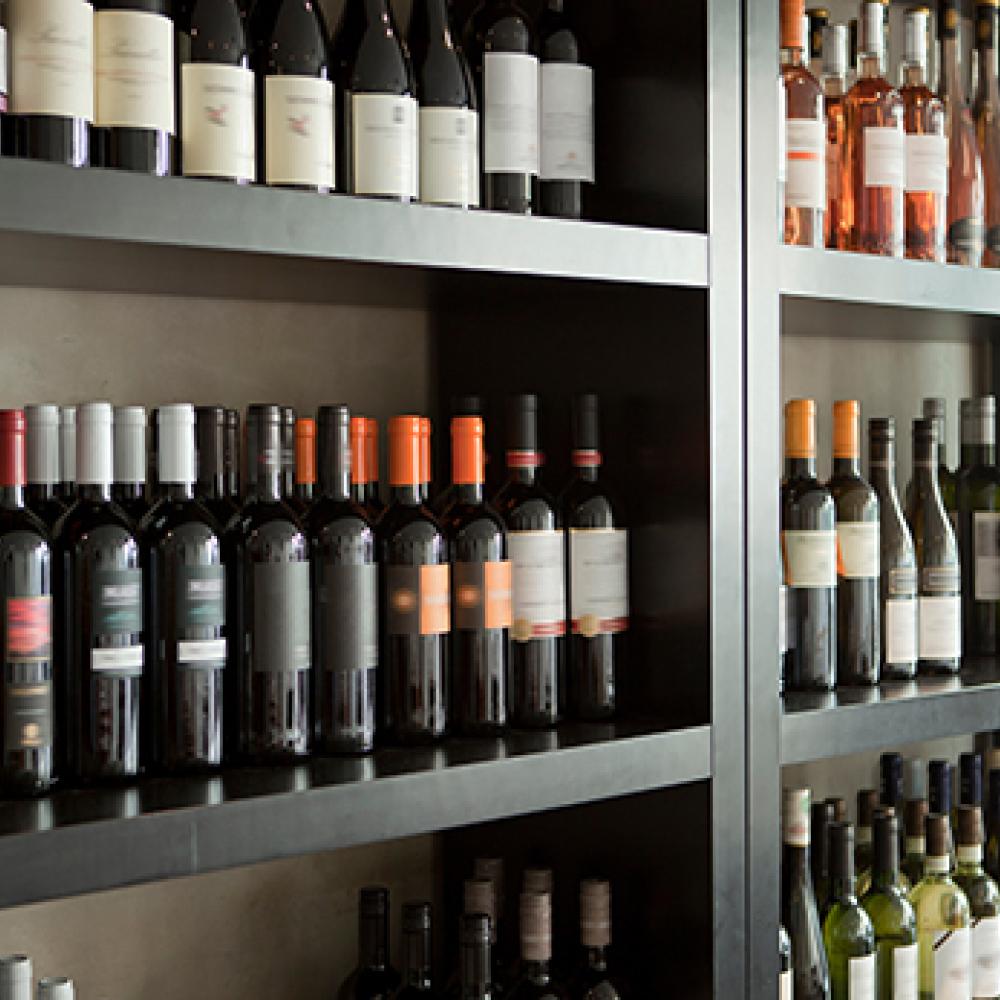Our internationally acclaimed Winemaking Certificate Program gives you the knowledge, confidence and practical insight to pursue your passion for winemaking. Learn the scientific framework for successful winemaking and schedule your learning around your lifestyle with our convenient online access. Although the program is designed for those in production winemaking, its combination of academic knowledge and real-world, commercial application will be useful to anyone serious about a career in the wine industry.
- Related article: Advice from our alumni: How to become a winemaker
What You'll Learn
The primary goal of the program is to provide a scientific and technical framework for production winemaking, with an emphasis on understanding the chemical and microbiological processes of winemaking. You will learn how to:
- Predict the impact of winemaking decisions on resulting wine quality and style
- Use a systematic and scientific approach to the practice of assessing wine qualities
- Evaluate wine stability and its impact on shelf life
- Understand the principle mechanisms of sensory perception
- Apply fundamental principles of analytical chemistry and microbiology
- Assess the important factors in growing quality wine grapes
What You'll Get
- Online convenience
- Exceptional networking opportunities with instructors and peers
- One-on-one access to world-class instructors
- Practical knowledge and techniques that can be used immediately in the vineyard and winery
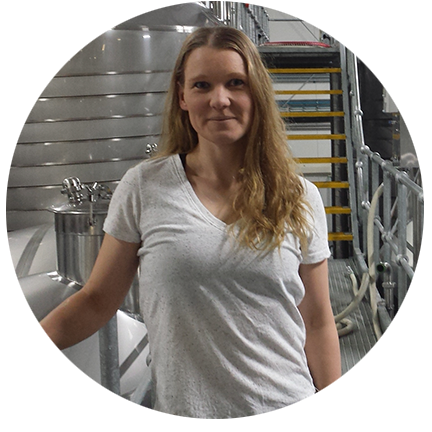
“I have already recommended the program to two friends who are also changing careers to the wine industry, like me.”
Cost Breakdown
- Course Tuition: $8,685
- Textbooks: $300*
- Basic Chemistry for Winemakers, if necessary: $625
* this is an estimation and subject to change; some materials available as e-texts
How to Get Started
- Step 1: Enroll in Intro to Winemaking (see below).
- Step 2: Meet chemistry requirement or take Basic Chemistry. One semester of university/college-level chemistry is required before moving on after Intro to Wine and Winemaking. For more information about this prerequisite, see Chemistry Requirements.
- Step 3: Complete application.
- Step 4: Enroll in Wine Production.
- Step 5: Enroll in remaining courses in certificate and complete within 5 years.
More Resources
Courses Open for Enrollment
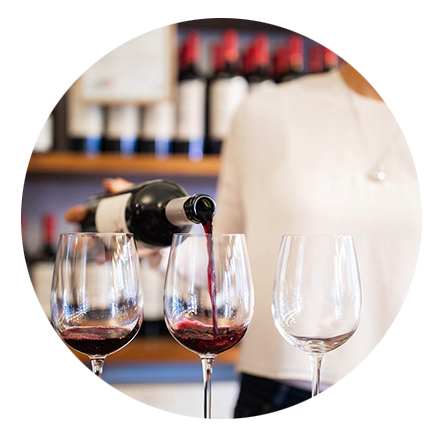
Watch a Sample Lesson
*Wine Business Monthly 2022 Salary Survey
**Wine Business Monthly, February 2022
